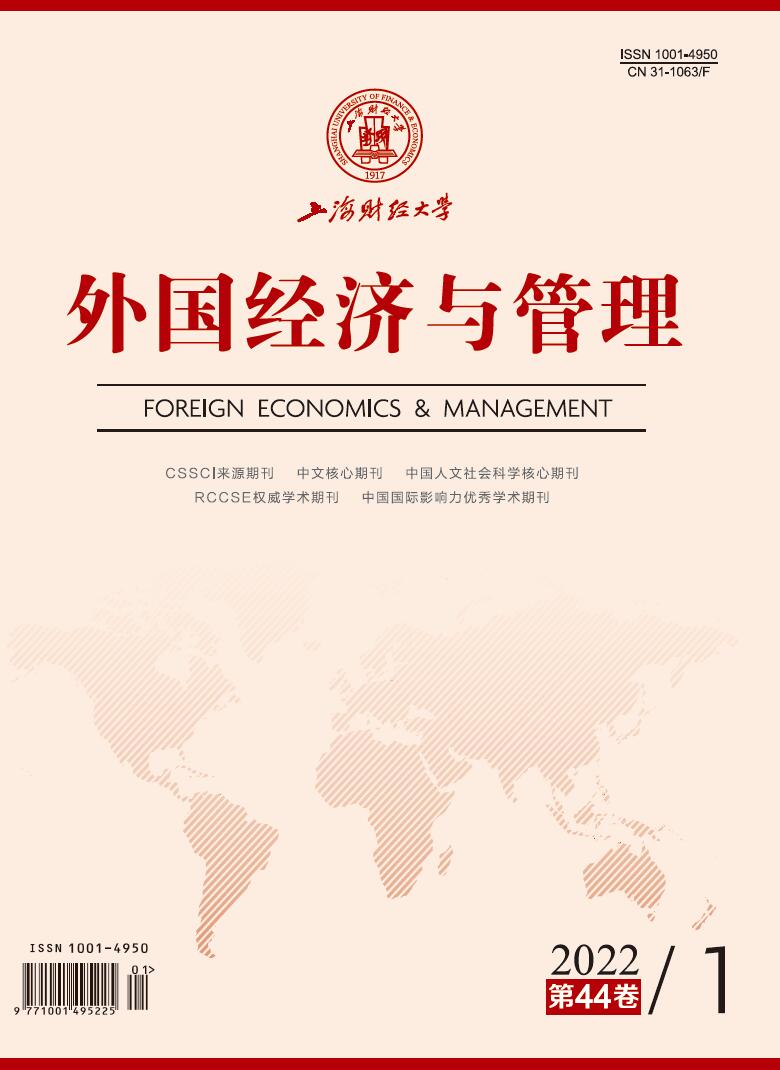Based on the knowledge management theory and the innovation management theory, according to the data of 312 budget chain hotels in 9 first tier, new first tier and second tier cities, this paper analyzes the impact of routine replication and enterprise innovation on the expansion of chain enterprises from the time dimension, and further discusses how enterprises should make reasonable development strategy choices in the multimarket situation.
The conclusions are as follows: Firstly, in the process of chain enterprise expansion, routine replication and enterprise innovation have different degrees of impact on chain enterprise performance. In the initial stage of development, chain enterprises may not have formed a perfect management system and lack certain cognitive ability. Therefore, although routine replication and enterprise innovation will have a positive impact on enterprise performance, the impact of routine replication is more significant. In order to prevent themselves from entering the rigid period, chain enterprises in the stable period of expansion may innovate by establishing external cooperation, searching for external heterogeneous knowledge, and so on. Therefore, although routine replication and enterprise innovation will help to improve enterprise performance, the impact of enterprise innovation is more significant.
Secondly, multimarket contact is an objective existence that chain enterprises must face in the process of expansion. At the same time, it also affects the effect of practice replication and enterprise innovation. In the initial stage of enterprise expansion, multimarket contact suppresses the positive impact of routine replication on enterprise performance, while in the stable stage of enterprise expansion, multimarket contact strengthens the impact of routine replication on enterprise performance, which indicates that blind market expansion may not be an effective way to improve enterprise performance when enterprises do not have enough adaptive ability. In the initial stage and stable period of enterprise expansion, multimarket contact has strengthened the relationship between enterprise innovation and enterprise performance.
The implications are that: Firstly, enterprises should dynamically adjust their development strategies and seek a balance between routine replication and enterprise innovation. Secondly, in the process of expansion, enterprises should be able to adapt to the changes of the external environment, so as to maintain the efficiency of knowledge transfer of routine replication and avoid the dilemma of replication. Therefore, there are more opportunities and channels to obtain more resources to optimize and update their own practices and improve the efficiency of knowledge transfer. Thirdly, when enterprises expand to different markets, they should promote the efficient coupling of professional knowledge from different fields and existing knowledge, so as to promote their product and service innovation and build their competitive advantages.
The contributions are that: This paper decouples the development mode of chain enterprises from the two aspects of routine replication and enterprise innovation, and analyzes the dynamic influence mechanism of the two development modes on enterprise performance in different periods, so that enterprises will not hesitate and swing when making future development decisions.





 12709
12709  7704
7704

